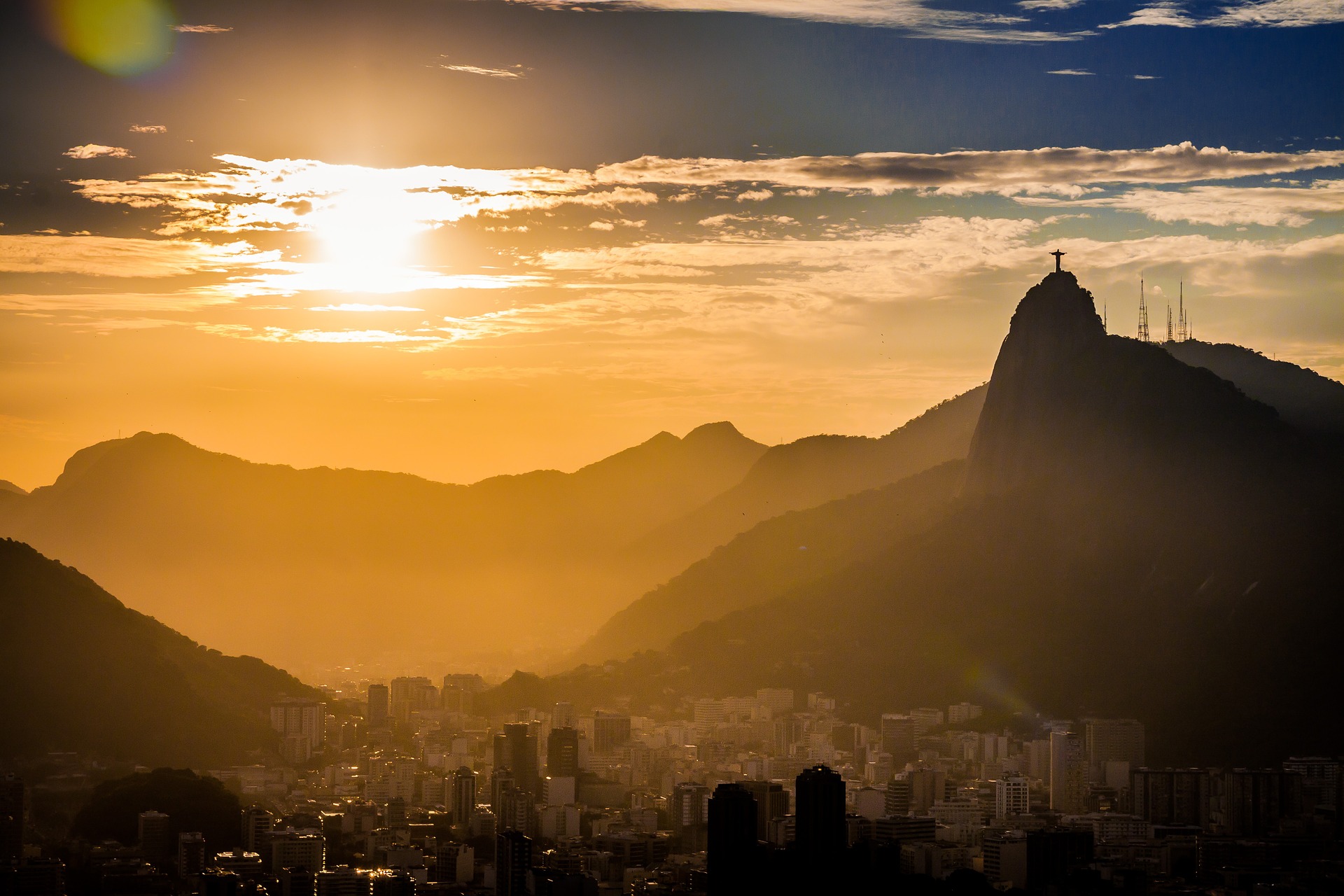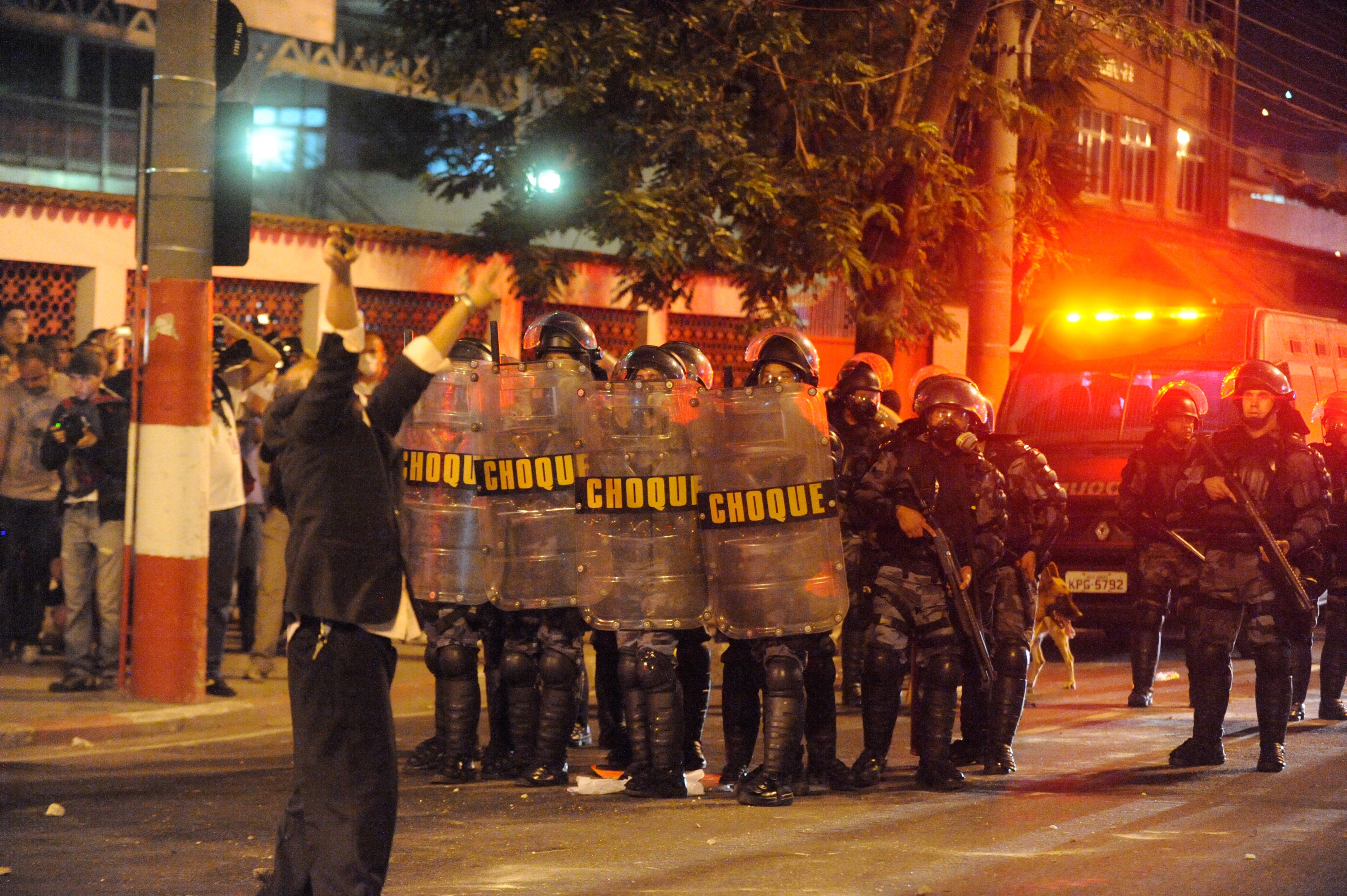Brazil is working hard to prepare for the 2016 Olympic Games in Rio de Janeiro. Hiring security, building new sports venues and infrastructure, and beautifying the city’s tourist areas are all on the country’s to-do list. As part of the beautification process, known as “cleaning the streets,” Brazil is also removing homeless citizens from the city’s streets. The country’s so-called ‘street children’ are disappearing.

The Situation for Brazil’s Street Children
In 2011, Brazil estimated that there were about 24,000 children working or living on the country’s streets. The same report found that about 63 per cent of these children ended up on the streets following conflicts at home. The remaining children were largely there due to drug or alcohol use.
Life on the streets of Brazil is far from easy. Children on the streets have no access to healthcare or education, and they struggle to find food. These children often become victims of physical and sexual abuse, and children as young as seven have become addicted to drugs and alcohol.
Children are also frequently murdered in Brazil. UNICEF released a report last summer, which found that Brazil had “the second largest number of homicides of boys and girls under the age of 19 in the world.” In 2013, well over 10,000 children were murdered. While these figures represent all children in Brazil, those living on the street are especially at risk.
For protection and survival, some children work for street gangs or as prostitutes. Others resort to stealing from tourists or the country’s affluent citizens in order to feed themselves.
What’s Happening to the Children?
To deal with what Brazil views as a safety hazard and an eyesore, the country has employed some controversial practices.
According to the UN, police in Rio de Janeiro have started taking children to police stations, without reasonable suspicion or proper legal protections. These children, who have not been convicted of any crimes, are held in prisons that are severely overcrowded and often dangerous.
Even more disturbing, the UN released a report in October, which accused Brazil’s military police of systematically killing street children in preparation for the summer Olympics. The report found that the country’s police had “widespread impunity” to execute street children.
While some in Brazil approve of these controversial tactics as a way to promote safety before the Olympic Games, activists believe that these children are being sacrificed for the sake of presenting an image of beauty and harmony to tourists visiting for the Olympics.
Won’t the Olympics Help the Poor of Brazil?
Brazil hopes that the tourism dollars brought in from the Olympics will help the country’s struggling economy. The country had the same hope for the 2014 World Cup, but that event did not have a lasting impact on the economy. In fact, the government actually spent $11 billion preparing for the World Cup, with $550 million going towards a stadium that is now being used as a parking lot for buses. Many other countries that have hosted large events, such as the Olympics, have also ended up with expensive, unused facilities and no major economic boost.
As Brazil spends more money to prepare for the Olympics, an event that may or may not lead to sustained economic growth, the country has less money for essential services for its citizens. Some state workers, including doctors and teachers, have been forced to quit their jobs or work for months without pay. As a result, citizens complain that essential services, such as schools and hospitals, are lacking.

To Go or Not to Go
In light of this information, some travelers may wonder whether they can travel to Brazil and attend the Olympics in good conscience.
According to Sarah Faith, Marketing Executive at Responsible Travel: “There are very few places, if any, in the world without any underlying issues. However, we don’t believe that boycotting a destination is the answer to improving issues in the country. We believe that tourism, done well, can play a key role in tackling these issues head-on.”
The key is to make responsible and informed travel decisions. “We genuinely believe that in most cases, if you choose a tour operator with a strong responsible tourism policy, it is possible for your holiday to benefit local communities,” Faith said.
“If you take steps to ensure your money reaches local hands rather than governments then your trip will ultimately be doing more good than harm.”
Travelers can also take specific steps to help Brazilian children during their trip. Child trafficking for sex tourism, for example, is a huge problem across the country. Faith reminds tourists that “they should know the signs, be aware, and call 100 from a Brazilian telephone line if they believe that a child is in danger.”
We believe that, by being educated and ethical, it is possible to responsibly visit Brazil for the Olympics.
Read Ethical Traveler's Reprint Policy.
